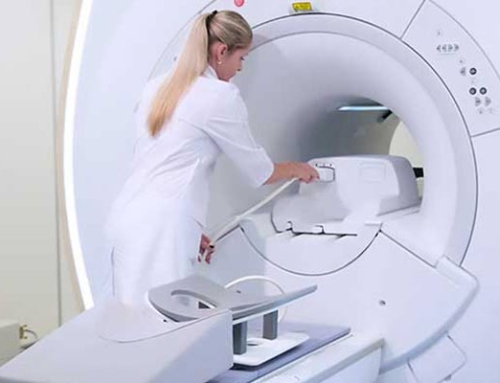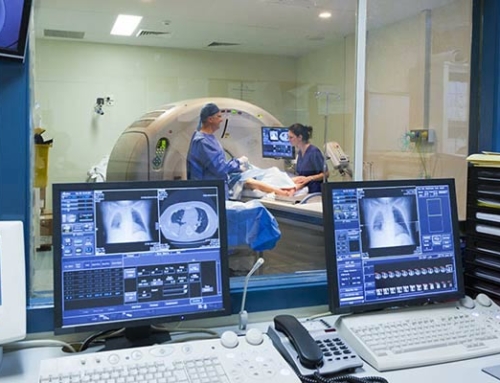The American Registry of Radiologic Technologists (ARRT) is a widely recognized organization that certifies diagnostic imaging, radiation therapy, and interventional procedures. For those in the field of radiology, you may be interested in how long it takes to obtain your ARRT credentials. Unfortunately, it can take several years, but it depends on your education level, experience, and examination performance.
The ARRT credentialing process typically takes between two to five years, depending on the candidate’s individual circumstances. This process includes the following steps:
- Educational Requirements: To become even eligible for ARRT certification, candidates must complete an ARRT-approved educational program. These programs vary in length, but most associate degree programs take two years to complete, while bachelor’s degree programs take four years. With that said, there are some institutes that offer a certificate program that can be completed in one year. It’s important to note that the length of the educational program required for ARRT certification will vary depending on the discipline and credential sought. You should definitely pay attention to the number of credits required as this can strongly affect your eligibility.
- Ethics Review: This may be an interesting requirement, but you must also undergo an ethics review to ensure that they meet the ARRT’s ethical standards. This review includes a background check and an evaluation of the candidate’s moral character. The ethics review process can take several weeks to complete.
- Examination: Once the educational and ethics requirements have been met, the next step is to pass the ARRT certification exam itself. The exam consists of multiple-choice questions and tests the candidate’s knowledge and skills in their chosen discipline. The exam is computer-based and takes four hours to complete. This is another reason why obtaining your ARRT credentials can be a lengthy process. Since it is an important exam, you will need to thoroughly prepare and refresh your knowledge on the topics that will be covered.
- Continuing Education: You may be thinking that once you pass the exam, then the hard part is over. Unfortunately, after obtaining the ARRT certification, registrants must complete continuing education requirements to maintain their credentials. These requirements vary depending on the discipline and credential you have, but generally, it involves completing a certain number of continuing education credits every two years.
Are ARRT Credentials Important?
Taking all that into consideration, it is clear that the process of obtaining ARRT credentials can be challenging, costly and time-consuming. You will really need to commit to your profession and continue to improve your skills and knowledge even once you have passed the exam. Nevertheless, the benefits of becoming certified are numerous. ARRT certification is also widely recognized by all employers and has become the gold standard. Thus, having an ARRT credential can improve an individual’s chances of employment and can lead to higher salaries.
As a whole, your ARRT credentials will demonstrate that you have met rigorous professional standards and possesses the knowledge and skills necessary to provide high-quality care to patients.
Searches Related to MRI Courses







